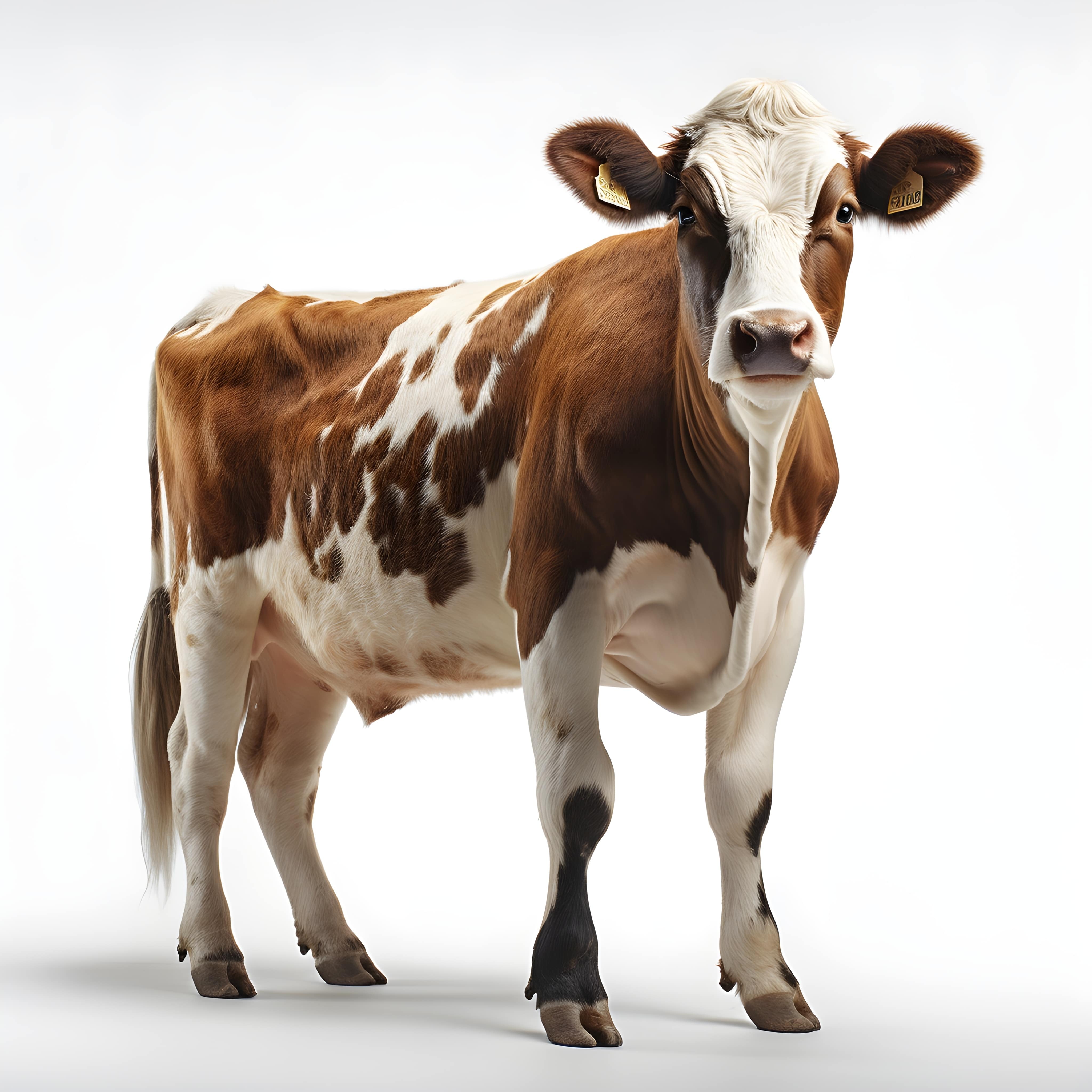Choosing the Right Animal for Qurbani: Guidance and Considerations

Choosing the Right Animal for Qurbani: A Guide
With the auspicious occasion of Qurbani approaching, it's crucial to ensure that the sacrifice we make is in line with the guidelines set by Islamic principles. One of the key aspects of Qurbani is selecting the appropriate animal for sacrifice. Let's delve into the factors to consider when choosing the sacrificial animal.
1. Age of the Animal:
The age of the animal plays a significant role in Qurbani. According to Islamic tradition, the sacrificial animal should be of a certain age to be eligible for Qurbani. For example, for a cow, it should be at least two years old, while for a goat or sheep, it should be at least one year old. Ensuring that the animal meets the age requirement is essential to fulfill the religious obligation of Qurbani.
2. Teeth of the Cow:
Another aspect to consider when selecting a cow for Qurbani is the condition of its teeth. The cow should have a minimum of two permanent teeth. This criterion ensures that the animal is mature and healthy enough for sacrifice.
3. Prohibited Animals for Qurbani:
While many animals are permissible for Qurbani, there are certain exceptions. Animals that are sick, injured, or have a significant defect are not suitable for sacrifice. Additionally, animals that are blind, lame, or extremely weak should not be chosen for Qurbani. It is essential to select a healthy animal to fulfill the obligation of Qurbani properly.
4. Responsibility of Qurbani:
Performing Qurbani is a religious duty for those who meet specific criteria. Generally, those who are financially stable and possess the means to do so are obligated to perform Qurbani. However, it is crucial to remember that Qurbani is not obligatory for everyone. Individuals who meet the criteria for Qurbani should ensure that they fulfill this responsibility in accordance with Islamic teachings.
Ensuring a Meaningful Qurbani: Factors to Consider
As the blessed occasion of Qurbani approaches, Muslims around the world prepare to fulfill this significant religious obligation. Choosing the right animal for sacrifice is not merely a matter of convenience but a reflection of our commitment to fulfilling this sacred duty in accordance with Islamic principles. Here are further considerations to ensure a meaningful Qurbani:
5. Animal's Health and Well-being:
Beyond age and physical attributes, the overall health and well-being of the animal are paramount. Selecting a robust and healthy animal demonstrates respect for the sanctity of the sacrifice and ensures that the meat distributed to those in need is wholesome and nourishing.
6. Animal Welfare Standards:
In adherence to Islamic teachings of compassion and kindness towards animals, it is incumbent upon us to ensure that the animals designated for Qurbani are treated with care and compassion throughout their lives. Ethical considerations, such as providing adequate food, water, and shelter, as well as avoiding unnecessary suffering during transportation and slaughter, are essential aspects of fulfilling the spirit of Qurbani.
7. Local Customs and Preferences:
While Islamic guidelines provide general parameters for Qurbani, local customs and preferences may influence the choice of sacrificial animals. Factors such as regional traditions, availability of certain livestock species, and cultural preferences should be taken into account to ensure that the Qurbani is conducted in a manner that resonates with the community's values and practices.
8. Financial Capability and Intentions:
Performing Qurbani is a form of worship that carries spiritual significance, but it is also a practical matter that requires financial resources. Individuals should assess their financial capability and intentions before embarking on the process of selecting an animal for sacrifice. Sincerity of intention and willingness to sacrifice for the sake of Allah are fundamental aspects of a meaningful Qurbani.
9. Distribution of Meat and Charity:
The purpose of Qurbani extends beyond the act of sacrifice itself to the distribution of meat among the less fortunate. Therefore, it is essential to consider how the meat will be distributed and ensure that it reaches those in need, including the poor, needy, and marginalized members of society. Engaging in charitable acts and contributing to community welfare initiatives further enhances the spiritual rewards of Qurbani.
In essence, the significance of Qurbani lies not only in the act of sacrifice but also in the sincerity, compassion, and mindfulness with which it is performed. By considering these additional factors, we can ensure that our Qurbani is a reflection of our devotion to Allah and our commitment to serving humanity with compassion and generosity.
In conclusion, selecting the right animal for Qurbani requires careful consideration of its age, health, and eligibility according to Islamic guidelines. By adhering to these principles, we can ensure that our sacrifice is accepted and fulfills the spiritual significance of Qurbani.